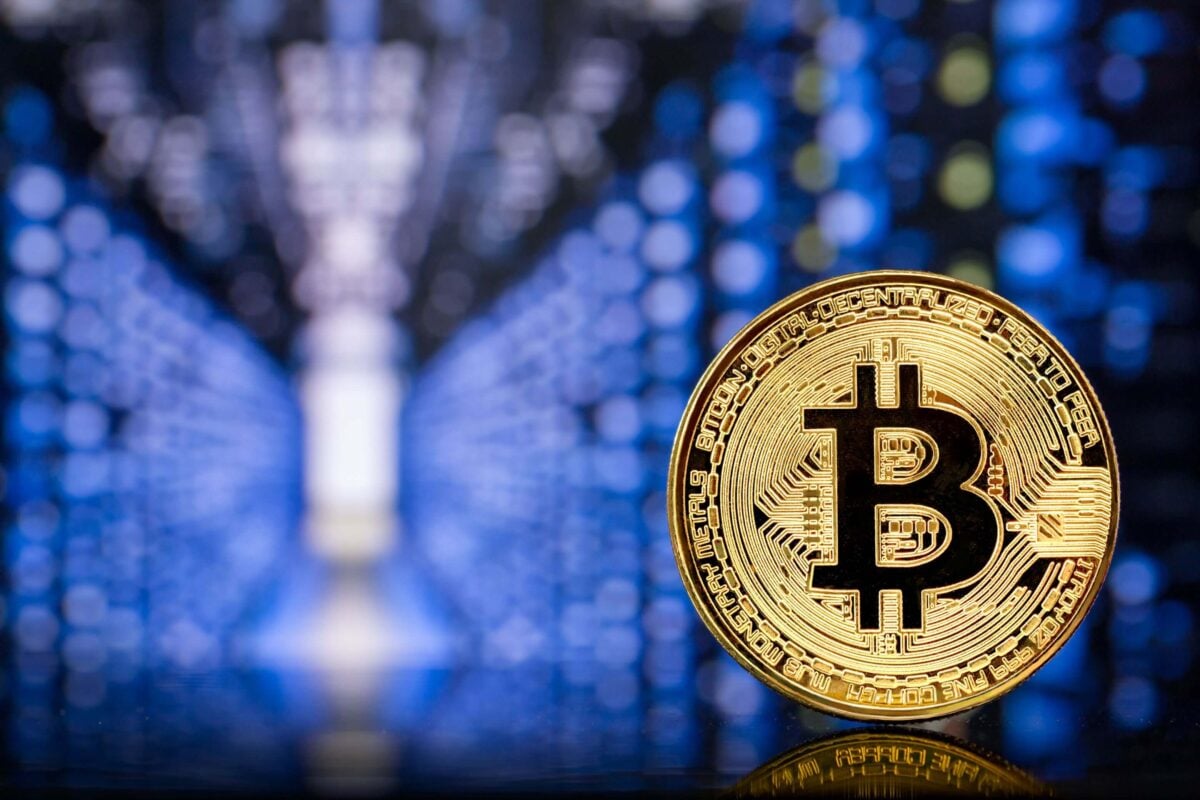TLDR
- Tucker Carlson raised concerns about Bitcoin’s origins, suggesting it could be linked to US intelligence agencies.
- Carlson questioned the identity of Bitcoin’s creator, Satoshi Nakamoto, and expressed doubt about investing in an asset with an anonymous origin.
- Carlson speculated that Bitcoin could be a scam orchestrated by financial elites and political insiders.
- Bitcoin supporters, like Marty Bent and Jack Mallers, rejected Carlson’s theory, emphasizing Bitcoin’s transparency and open-source nature.
- Nakamoto’s wallets remain largely untouched, holding over 1 million BTC, which adds to the mystery surrounding the creator of Bitcoin.
Tucker Carlson, a well-known American conservative commentator, has recently raised concerns about the origins of Bitcoin. At a Turning Point USA event, Carlson speculated that Bitcoin’s mysterious creator, Satoshi Nakamoto, might be connected to US intelligence agencies. His comments reflect growing skepticism about the cryptocurrency’s true purpose and origins.
Carlson Questions Bitcoin’s Creator and Motivation
Carlson expressed doubt about the identity of Satoshi Nakamoto, the enigmatic founder of Bitcoin. He pointed out that no one can definitively explain who Nakamoto was. “Nobody can explain to me who Satoshi was, this mysterious guy who apparently died,” Carlson remarked. He questioned how people could trust an asset whose creator remains unknown and unaccountable.
.@TuckerCarlson will come around when he realizes that it doesn't matter if the CIA created bitcoin.
Even if the CIA did (it didn't), anyone who is so driven and capable can audit the code to determine whether it does what it's supposed to do. That's all that matters. https://t.co/2VsBTmVsoW
— Marty Bent (@MartyBent) October 23, 2025
Carlson, who described himself as “a gold buyer,” seemed concerned about Bitcoin’s lack of transparency. He suggested that Bitcoin could be a “scam” orchestrated by political elites. Carlson’s doubts stemmed from the fact that Satoshi Nakamoto‘s true identity remains hidden, and the creator’s vast, unspent Bitcoin holdings remain untouched.
He further speculated that the CIA might be behind Bitcoin’s creation, although he admitted he had no concrete proof. “I grew up in D.C. primarily in a government family, so CIA, that’s my guess,” Carlson stated. He questioned the motivations behind investing in an asset with such a complex background and numerous unanswered questions.
Carlson’s comments on Bitcoin contrast with its growing institutional adoption. Bitcoin has become increasingly embraced by major financial firms and even US-approved ETFs. However, Carlson’s skepticism mirrors concerns from individuals who view Bitcoin as a potential tool for manipulation by financial insiders.
While Carlson’s theory may be controversial, Bitcoin supporters were quick to counter his argument. Marty Bent, founder of TFTC, responded to Carlson’s remarks on social media. Bent emphasized that regardless of Bitcoin’s origins, its open-source code allows anyone to audit and verify its functionality. He argued that the transparency of Bitcoin’s code ensures its integrity.
Jack Mallers, CEO of Strike, also pushed back against Carlson’s criticism. Mallers stated that Carlson “simply doesn’t understand Bitcoin.” He explained that Bitcoin’s decentralized and transparent nature makes it resistant to centralized control, regardless of its creator’s identity.
Nakamoto’s Unused BTC and Recent Transaction Activity
The mystery surrounding Satoshi Nakamoto is deepened by the vast amount of unused Bitcoin held in Nakamoto’s wallets. These wallets are believed to contain approximately 1.096 million BTC, worth an estimated $120 billion at current prices. The unspent Bitcoin remains a focal point for those speculating about Nakamoto’s intentions.
Recent activity surrounding Nakamoto’s wallet has stirred further intrigue. In June, a transaction worth $20,000 was sent to Nakamoto’s Genesis Block address. While analysts speculated that the transaction might have been accidental or a tribute, it highlights the continued interest in the identity and wealth of Bitcoin’s creator.







